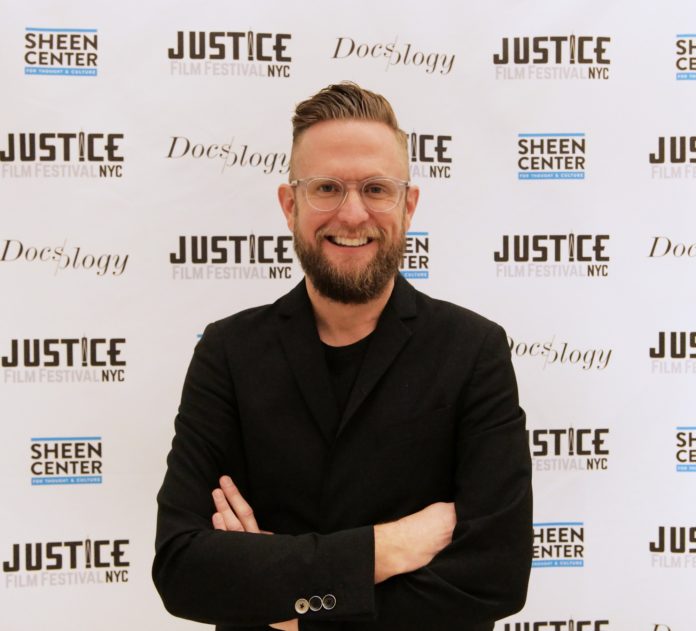
By Vivian Roach | Staff Writer
Students are invited to the 8th annual viewing of the Justice Film Festival’s feature premieres and shorts about social injustices and marginalized populations taking place through Saturday.
The New York based film festival has always centered on the idea of social justice, Andy Peterson, director of the festival, said. He said he was lucky to encounter so many films with the same purpose and be able to provide a platform for them.
“We see ourselves as really the premier showcase for films that celebrate social justice and affirm the dignity of humans,” Peterson said. “We’ve been dedicated to creating a space for stories, redemptive stories of marginalized people and ecosystems that are overcoming challenges. Bringing hope, compassion and light to a world that, as we know, needs that kind of inspiration.”
Peterson has been providing stories to Baylor for several years already. He said his agency, Docsology, shares documentaries that have a natural overlap with those who are conscious of and supports social justice.
Matt Burchett, director of student activities, said the department had established a relationship with Peterson when he helped curate films on the Movie Monday series, and then Peterson offered Baylor to be involved in this year’s virtual film festival.
Peterson said the two had talked in the past about how they could offer a version of the film festival on campus.
“And this year, that opportunity has presented itself very naturally. This is really our first opportunity to do that down there, I hope it’s the beginning of a much longer partnership between Baylor and the Justice Film Festival,” Peterson said.
The accessibility of the online film festival has also allowed Talkback Sessions with the filmmakers and contributors after the feature films to contribute virtually, Peterson said, which wasn’t possible for past festivals because of the distance.
“Oftentimes these films are made years in advance because it takes years of planning and production to actually make a movie. So sometimes there’s ongoing stories that are happening since when the film stops,” Peterson said. “We have an opportunity to share a little bit more about what happened after the movie, what’s happening right now around some of these places. Particularly, what we’re talking about right now are conflicts, refugees, or disasters.”
Peterson also said that the technology available has made this year special because “we’ve been able to get access to some folks that maybe wouldn’t have been able to come to New York.” Now the program is able to bring anyone from anywhere.
In one conversation about the film Parkland Rising about the school shooting in 2018 at Marjory Stoneman Douglas High School in Parkland, Fla., Peterson said he had talked to the creator of the film and the father of a student who was killed in the shooting. The father has become an activist and turned his performance art into a story about the victims of the 2018 shooting.
“So these are deep, profound conversations with people that have taken something really dark and really grotesque and turned it into something very beautiful,” Peterson said. “They are keeping this story, this conversation elevated because we know that films can communicate truth in a way that is different than any other medium and can actually change people’s minds and change people’s hearts.”
Students should have received a code in their Baylor email that will allow access to the films as they come available throughout the next few days. The films and additional Talkback Sessions will be released on a schedule, which can be found on the online platform. After Saturday, the films will be available for seven more days to students to watch at their leisure.


